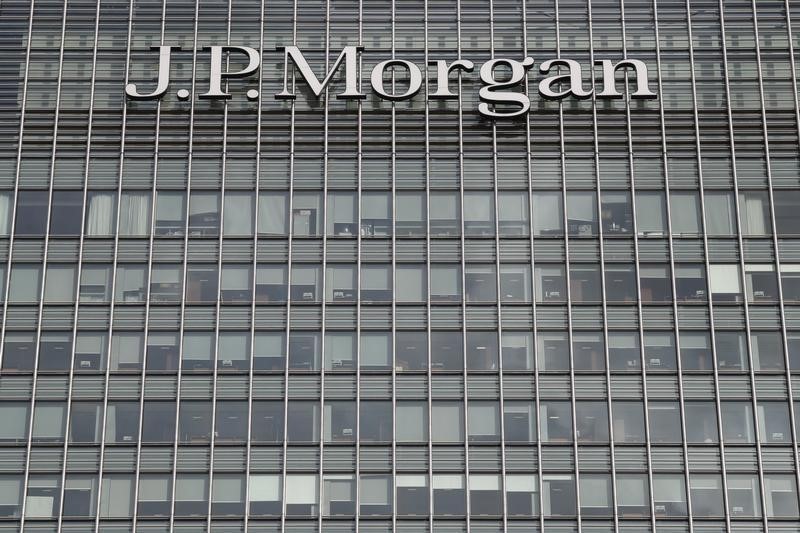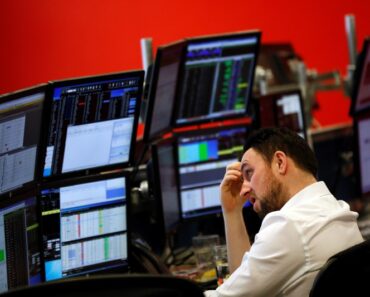This post was originally published on this site

WASHINGTON (Reuters) -A U.S. banking regulator plans to tell lawmakers his agency is “open-minded” when it comes to potential bank mergers and would act on any proposed deal in a timely fashion.
“The OCC is committed to being open-minded when considering merger proposals and to acting in a timely manner on applications, consistent with the requirements of the Bank Merger Act,” Michael Hsu, the acting comptroller of the currency, said in prepared testimony published on Monday by the House Financial Services Committee.
The remarks follow comments from Treasury Secretary Janet Yellen, who said she expects U.S. regulators to be open to such deals as firms consolidate.
Recent turmoil has added “urgency” to the OCC’s work on updating bank merger guidelines, Hsu said.
He will join top regulators from the Federal Reserve and Federal Deposit Insurance Corporation to testify before lawmakers on their regulatory agenda, including how watchdogs plan to refine their tools after the failures of Silicon Valley and Signature banks in March.
Regulators were working on “stronger” rules for regional banks, such as requiring them to issue more long-term debt as a source of funds in stress, Hsu said.
He urged lawmakers to update the nation’s deposit insurance program by introducing a program for businesses separate from one for consumers.
Tuesday’s hearing will be the first for regulators since the FDIC agreed to sell failed First Republic Bank (OTC:FRCB) to JPMorgan Chase & Co (NYSE:JPM) this month.
Watchdogs have been under intense scrutiny after the collapses of SVB and Signature set off fears of contagion.
While vowing to draft tougher rules, the agencies have also been criticized for not identifying and preventing weaknesses before the lenders failed.
Former SVB chief executive Gregory Becker will testify Tuesday before a separate panel. In prepared testimony, he said rapid interest rate increases and social media-fueled rumors drove the “unprecedented” bank run that sank his firm.



